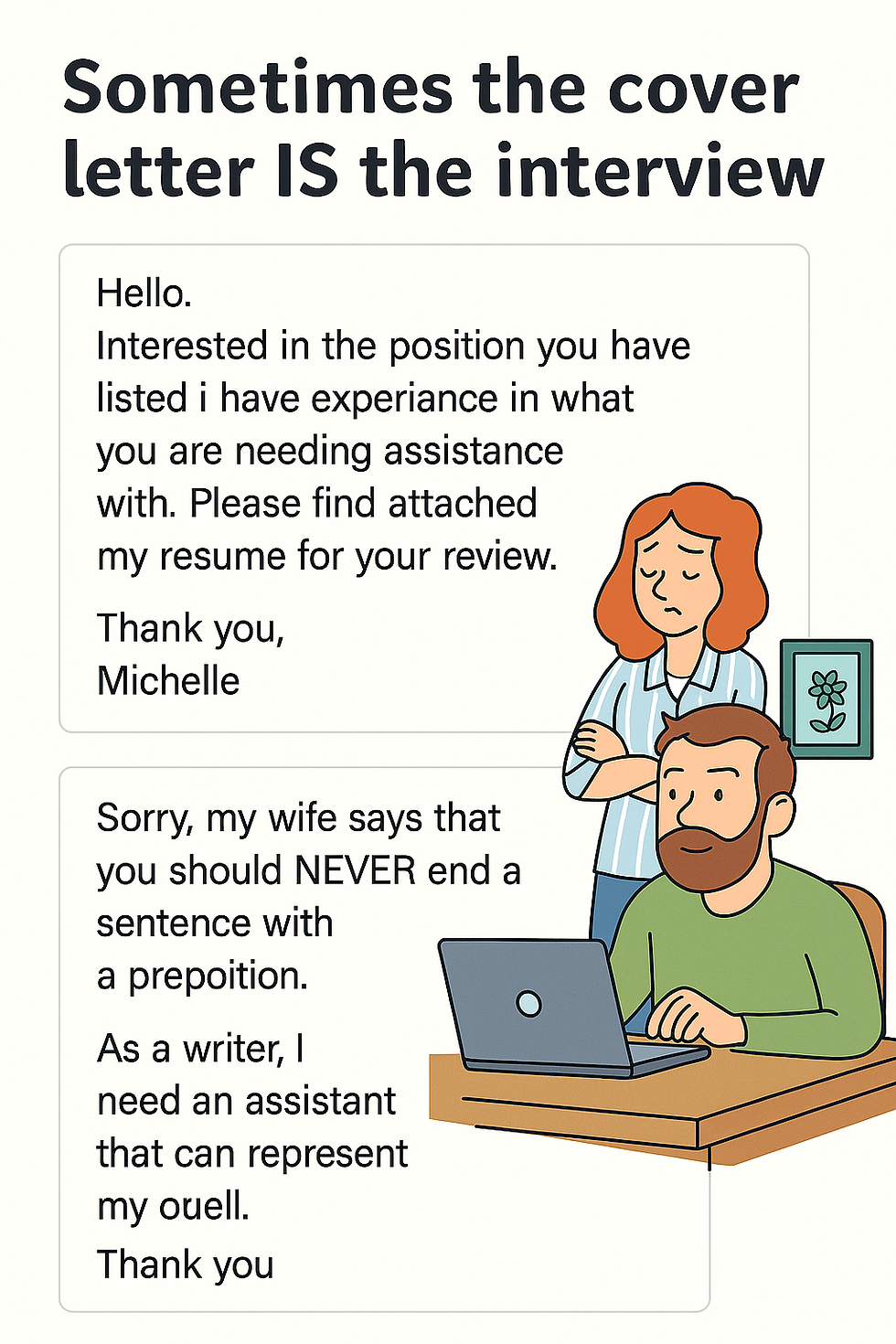The Day I Lost a Day
- Lawrence Stanley

- Oct 1
- 2 min read

It started with an email:
“You can check in for your flight tomorrow in an hour and a half.”
I opened Thunderbird Calendar to set a reminder — and froze.
Thunderbird said it was Wednesday, September 30.
My Mac said it was Wednesday, October 1.
My phone and Google agreed with the Mac.
Which was it? September or October? Tomorrow or today? At least all agreed it was Wednesday.
Chat GPT had lots to say:
"Here’s why that could happen:
Time zone database glitch. Apple (and Google, for Android) devices rely on a database called the tzdata / ICU to calculate daylight saving time transitions and dates. If there was an update error or misapplied DST rule for 2025 in Eastern Daylight Time (EDT), both devices could roll forward a day.
Network time server mis-sync. If Apple’s time servers (time.apple.com) are providing a wrong date for EDT, every device syncing to them could show Oct 1 instead of Sept 30. (Rare, but has happened — big time server misconfigs ripple fast.)
Regional rule mismatch. Sometimes Congress or a state proposes a DST rule change, and devices “guess” based on projections in tzdata. If your devices think DST shifted at midnight incorrectly, it could roll to Oct 1 prematurely."
A Strange Feeling
I could not help but wonder if this was related to the government shutdown. Someone in government did have a sense of humor after all. The real problem wasn’t the mismatch. It was that without my devices, I had no idea what day it really was. No paper calendar. No newspaper. No wall clock with a stubborn little date wheel.
All I had were screens, and they couldn’t agree. For a few minutes, I wondered if the world had quietly skipped a day and nobody noticed.
The Punchline
In the end, it wasn’t the universe skipping. It was Thunderbird caching yesterday’s date. One restart and suddenly the world was back in sync.
But the feeling stayed with me — that moment of vertigo when the scaffolding of certainty wobbled.
What I Learned
We’ve outsourced our sense of time so completely that when our devices disagree, we’re lost. Maybe it’s worth keeping one analog anchor — a paper calendar, a simple wall clock — not because the internet is unreliable, but because our trust in it is absolute.
For half an hour, I thought the universe had skipped a day.
It hadn’t.
But I had.




Comments